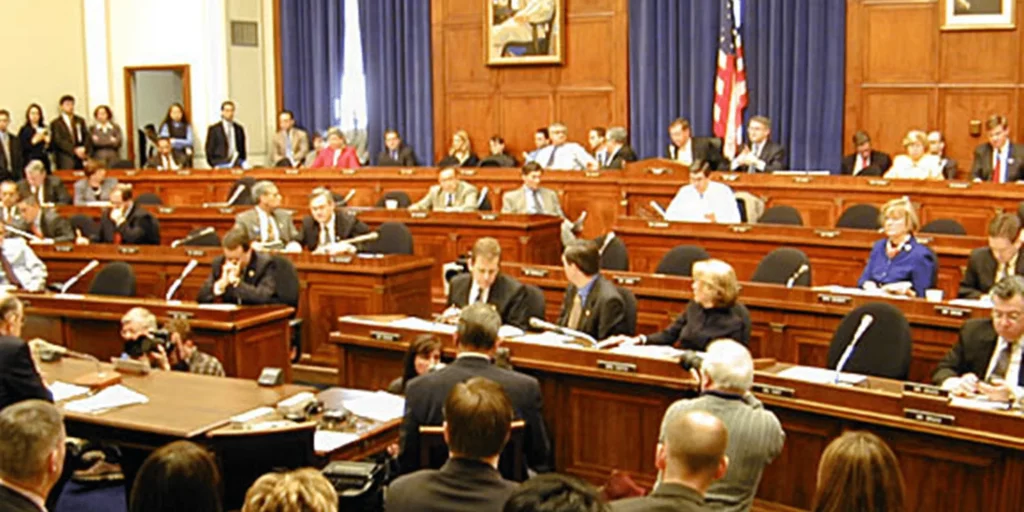
Congress is locked in a heated battle over three cryptocurrency bills backed by former President Donald Trump, amidst sharp partisan divides. The US House of Representatives has been advancing these controversial crypto proposals, which have sparked intense debates between Republicans and Democrats.
The first bill, GENIUS Act, seeks to introduce federal regulations for stablecoins, mandating their backing by liquid assets such as USD and Treasury bills with monthly public disclosures. Republicans argue that this legislation will foster financial innovation, integrating cryptocurrencies into the mainstream system. On the other hand, Democrats are skeptical about the lack of strong consumer safeguards and potential regulatory favors granted to Trump-affiliated digital asset projects.
The second bill, CLARITY Act, aims to define crypto tokens as either commodities or securities, thereby resolving oversight disputes and providing legal clarity for cryptocurrency companies. While this legislation has garnered support from some crypto leaders, Democrats are opposed due to the reduced protections it offers users, potentially favoring specific firms over others.
Lastly, the Anti-CBDC Surveillance State Act seeks to prohibit the US government from issuing a central bank digital currency (CBDC). Republicans believe this bill is necessary to safeguard Americans’ financial privacy and prevent government control. However, Democrats view the proposal as premature since there are no official plans for CBDC implementation by the Federal Reserve.
As the House prepares to vote before its August recess, lawmakers continue to engage in a partisan divide on these crypto bills. The battle over Trump-backed legislation has sparked heated debate within the chamber and raises concerns about the potential implications of these proposals on users and investors.
The post is written by Yasmin Werner, a seasoned crypto content analyst and writer with extensive experience in the field.
Source: coincentral.com


